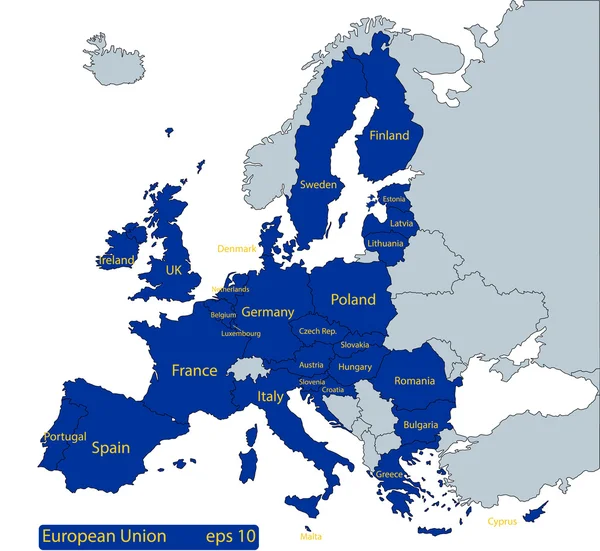April 1, 2024 – Germany became the most populated country in the world to pass national-level adult-use cannabis legalization measures. This policy shift has triggered widespread effects, catalyzing reform in other regions across mainland Europe, with Slovenia and Czechia emerging as exemplars of this trend.
Cannabis Legalization in Slovenia and Czechia
Earlier this year, during the European Parliament elections, Slovenian voters cast ballots on two separate cannabis reform proposals. The first question was: “Should the Republic of Slovenia allow the cultivation and processing of cannabis for medical purposes on its territory?” Approximately 66.71% of voters supported this measure.
The second question, which was put to the public as part of a referendum in June 2024, asked: “Should Slovenia allow the cultivation and possession of cannabis for limited personal use within its territory?” Ultimately, about 51.57% of voters approved the legalization of adult-use cannabis.
The results of Slovenia’s referendum were highlighted at the recent International Cannabis Business Conference (ICBC). During the conference, Slovenia’s Minister of Health, Dr. Metka Paragi, who is also a renowned microbiologist, announced that Slovenia plans to launch a cannabis reform initiative by the end of the year. Dr. Paragi currently serves as the Health Minister in the Cabinet of the Prime Minister of the Republic of Slovenia.
The Czech Republic is another European country that has leaned toward cannabis legalization in recent years. With a vibrant community of cannabis supporters and reform advocates, the Czech Republic is pushing forward with cannabis policy modernization. Recently, the Czech Ministry of Justice announced a proposal allowing adults to cultivate up to three cannabis plants in private residences and to possess up to 25 grams of cannabis outside the home, with a limit of 50 grams inside the home.
Modernizing Cannabis Policy in Europe
The cannabis reform movement in Europe is centered around modernizing policies with the aim of improving public health through legalization. The core philosophy behind these reforms is that adults will consume cannabis whether it is legalized or not. Under prohibition, cannabis products lack regulation, consumers are unaware of the production process, and products may contain harmful pesticides and herbicides.
In a prohibitionist framework, the cannabis market is typically dominated by unregistered entities, many of which are organized crime groups. These groups use violent methods to protect their market share, often disregarding consumer health and focusing solely on profits. As more European countries modernize their cannabis policies, the influence of organized crime over the cannabis market is gradually diminishing.
Policy Updates within the EU Framework
While the cannabis policy reforms in Slovenia and the Czech Republic are innovative on a national level, they still need to adhere to the current legal framework of the European Union, unless EU agreements are updated. Germany’s legalization process indicates that current EU agreements prohibit the kind of robust nationwide recreational cannabis commercialization seen in countries like Uruguay and Canada.
Under current EU law, key measures for legalization include home cultivation, cannabis cultivation associations (sometimes referred to as social cannabis clubs), and regional pilot programs for adult-use cannabis. Pilot programs are permitted under current law as they focus on research, allowing recreational sales in specific regions to help lawmakers and regulators refine national legislation.
As more European countries advance the cannabis legalization process, the cannabis market is expected to see rapid growth in the coming years. The reforms in Germany, Slovenia, and the Czech Republic serve as a model for other European nations, further accelerating the momentum toward legalization. As the European cannabis market matures, it is expected to become a significant sector for economic and social development, driving advancements in health, education, and social welfare.
Post time: Dec-19-2024






